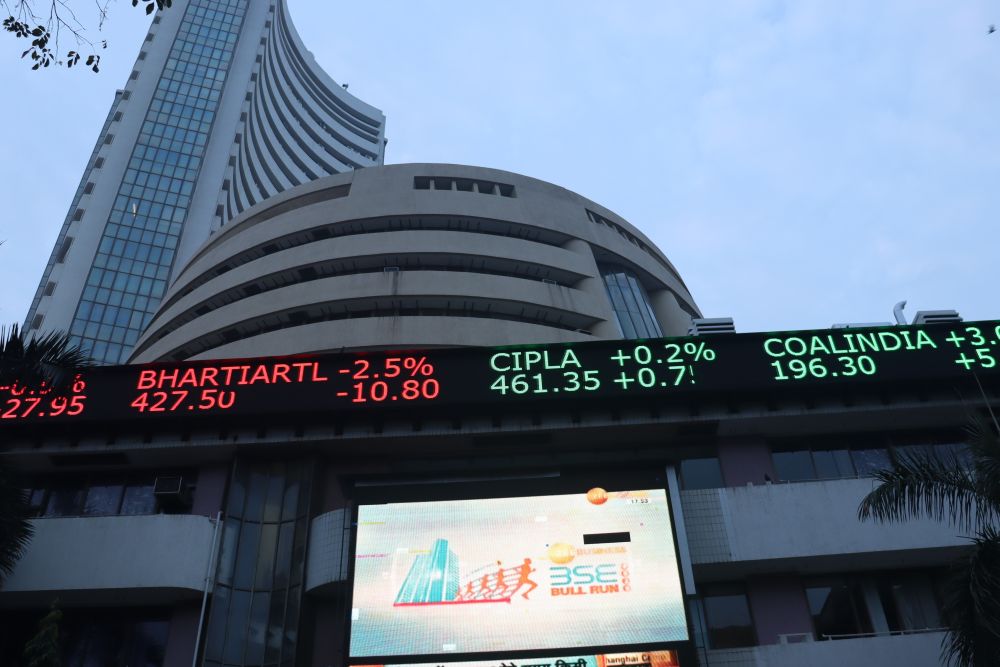While mainland China has sought to attract more overseas money inflows to ease the domestic downward growth pressure by removing quota restrictions for Qualified Foreign Institutional Investors (QFII) and Renminbi Qualified Foreign Institutional Investors (RQFII), Hong Kong was recently downgraded by global credit rating agency Fitch.
The QFII and RQFII schemes were implemented in 2002 and 2011 respectively. These programs allowed overseas institutional investors to move a restricted amount of money into China for investment in domestic equities.
Since MSCI's decision to add more China A-shares to its benchmark indices earlier this year, overseas investors have been seeking a more open mechanism to enter the Chinese market. Chinese regulators have also been easing some of the restrictions of programs such as QFII and RQFII since June last year such as by raising quotas.
On September 10, China’s State Administration of Foreign Exchange (SAFE) announced it will completely remove the investment quota restrictions under the QFII and RQFII schemes. The pilot countries and territories limitations, which used to include 20 markets including Hong Kong and Japan, under the RQFII program was also removed.
“We are aware of Chinese regulators’ plan of further opening up the capital market by reforming QFII and RQFII, but we were not expecting the scrapping of investment quota restrictions to happen so soon,” says a senior official from a Hong Kong-based asset management company.
On the other hand, Hong Kong, which is used by a lot of overseas investors as a channel to invest in mainland China due to restrictions in entering the Chinese market directly and concerns by many investors about the Chinese regulatory system, was downgraded by Fitch Ratings on September 6.
The global credit rating agency downgraded Hong Kong's long-term credit rating to AA from AA-plus following three months of protests against the authorities over an extradition bill. “Our rating outlooks across the Asia-Pacific region are mostly Stable. Hong Kong was downgraded on September 6, whose outlook is negative,” says Stephen Schwartz, head of Asia-Pacific Sovereign Ratings at Fitch Ratings.
“The downgrade reflects the months of ongoing conflict and violence that are testing the ‘one country, two systems’ framework, and which have inflicted damage to international perceptions of the quality and effectiveness of Hong Kong’s governance and rule of law, and the stability of its business environment,” says Schwartz.
As the rating is used by investors as one of the benchmarks to judge the default risk of corporates and governments, whether the recent lifting of restrictions by mainland China and Hong Kong’s downgrade will drive more overseas institutional investors to skip Hong Kong and invest directly in mainland China is subject to discussion.
But analysts suggest that the market does not necessarily need to be overly pessimistic as the downgrade will have a limited impact on Hong Kong since the credit rating is not the only benchmark for investors to consider. This is not the first time that Hong Kong has gotten downgraded - Standard & Poor's and Moody's already did so in 2017. The market was not impacted too much by those downgrades.
Besides Hong Kong and mainland China, other markets in the region are also facing downward growth pressure at different levels. “The main risk for the region at present is downward growth pressure from slowing exports which is due to weakening global demand and the escalating trade war between the US and China,” says Schwartz.
The market is expecting mainland China to capture more money inflows to boost the economic growth from the current situation. But whether this will weaken Hong Kong’s role as a financial hub remains to be seen.
Hong Kong Monetary Authority (HKMA) says that the scrapping of QFII and RQFII restrictions will enhance Hong Kong’s role as the global offshore renminbi business hub as more investors will increase their assets allocated in mainland China. Yet, the ongoing protests have already impacted Hong Kong. Some assets in Hong Kong have started to be relocated to other places like Singapore.
“We started to see some of our clients moving their assets to Singapore due to their concern about Hong Kong’s current situation. Some of them are also considering investing more in the Southeast Asia markets such as Vietnam. This is already happening,” says a senior official from a Taiwan-based bank.
However, for many Taiwan banks, Hong Kong is still among their top areas in terms of overseas business. “Singapore so far only accounts for around 10% of our Hong Kong business. Therefore, Hong Kong will still be the most important overseas market for us,” says the official.









